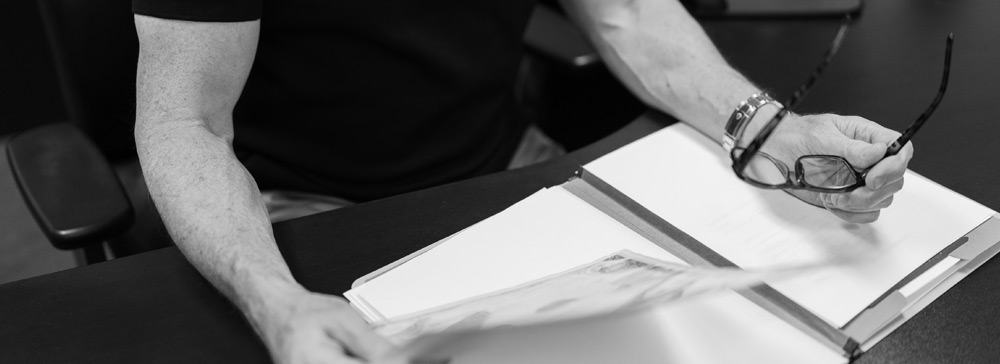The word “trust” often brings to mind images of generational wealth, sprawling estates, or complicated legal tools meant only for the ultra-rich. In reality, trusts are one of the most flexible and accessible estate planning options, especially for those with creative, personal, or non-traditional assets.
If you’re an artist, designer, collector, or someone who has spent time curating a meaningful home or body of work, a trust isn’t about extravagance. It’s about protecting the intention behind what you’ve built.
More Than Who Gets What: It’s About How and When
A will can specify who inherits your assets, but it rarely provides direction beyond that. A trust gives you the ability to set clear terms for how your property is distributed, preserved, or even displayed. This becomes especially important when you have a collection, original work, or curated items that you want handled with care.
You can outline who receives what, but also include instructions for how to maintain, store, or treat those items in a way that reflects your wishes. That level of control can make all the difference when your legacy includes creative work or personal expression.
Privacy and Intention Matter
Unlike a will, which becomes public record during probate, a trust remains private. For those with sensitive assets or family dynamics that require discretion, this privacy is often invaluable.
Trusts are also particularly helpful for individuals with chosen families, blended households, or relationships that may not be recognized by default under the law. They allow you to put your intentions into writing and make sure the right people are empowered to carry them out.
Trusts Are for More Than Large Estates
You don’t need to have a large estate to benefit from a trust. Many of my clients live modestly but have spent years building a life rich in meaning. A mid-century home with architectural value, a handmade art collection, or a personal archive can all warrant protection.
A revocable living trust can hold your home, guide how your belongings are handled, reference a personal property memorandum, and help your loved ones avoid the stress and cost of probate. It also remains flexible and can be updated as your needs and values evolve.
Start With What Matters Most
Estate planning doesn’t begin with your bank balance. It begins with what you care about preserving. What have you created, collected, or cared for that you hope others will value? Who do you trust to understand the significance of your decisions?
If any part of your life has been shaped by creativity or intention, it’s worth having a plan in place that reflects that care.
Let’s Create a Plan That Honors Your Life
Trusts are not just about transferring assets. They’re about protecting what makes your life uniquely yours. Whether you’ve built a home, a body of work, or a way of living that tells a story, I can help you create a trust that ensures it’s passed on thoughtfully, clearly, and legally.
If you’re ready to talk about what that might look like, I’d be honored to help. Get in contact with our office today at (760) 673-7600, or email us at admin@rudolphlegal.com.

